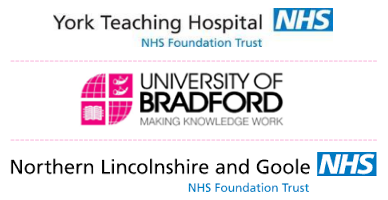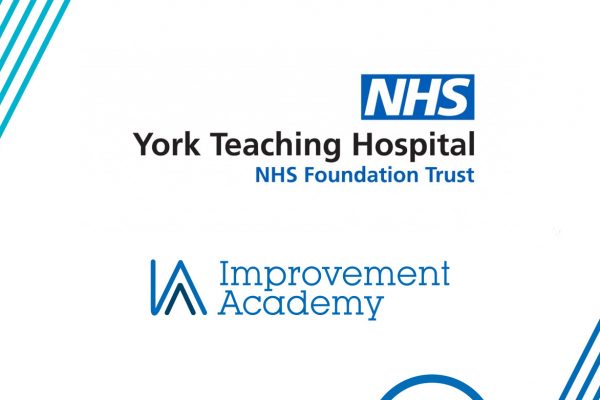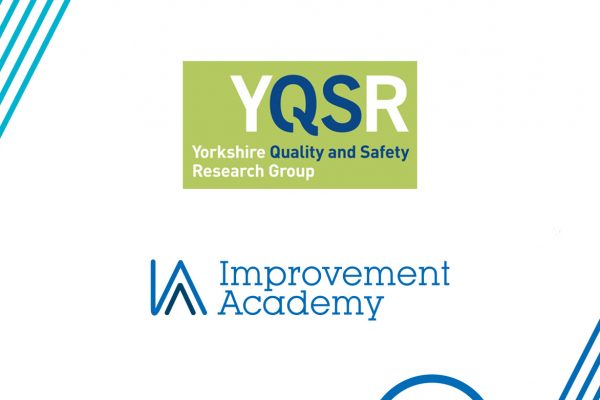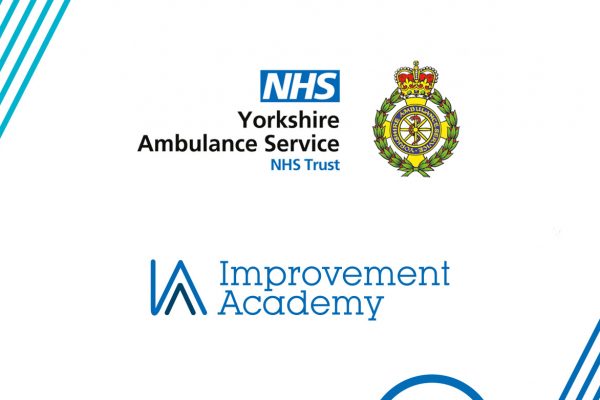In a nutshell: The Improvement Academy worked with the University of Bradford, Northern Lincolnshire and Goole NHS Foundation Trust and York Teaching Hospitals NHS Foundation Trust to develop, implement and evaluate the impact of a novel real-time computer-aided risk score to support clinical decision making.
The Challenge
Around 5% of deaths in English hospitals would be prevented if care was optimised. About 31% of those deaths have been estimated to be from poor clinical monitoring, 29.7% from diagnostic errors and 21% from inadequate drug or fluid management. These data suggest that clinical teams are not always aware of the patient’s actual risk of dying but if they were this could enhance patient safety. With the exception of Intensive Care Unit (ICU) teams, most other clinical teams do not have a statistically calculated score that gives practitioners a warning of risk of deterioration or death and the opportunity to take timely action to prevent this.
What did we do about it
The University of Bradford and the Improvement Academy were awarded funding from the Health Foundation to conduct a 2 year study aiming to develop, implement and evaluate the impact of a novel real-time computer-aided risk score (CARS) to support clinical decision making based on linked physiological and biomedical data. We worked with Northern Lincolnshire and Goole NHS Foundation Trust and York Teaching Hospitals NHS Foundation Trust to embed the score into routine clinical practice.
Combining routine blood tests with National Early Warning Scores (NEWS) can provide a valid computer-aided risk score within 24 hours of admission. These data are routinely collected and clinically validated as part of the process of care. This offers a paradigm shift in the potential to enhance and support near real-time clinical decision making and quality and safety of care because this moves us away from measuring past harm to focusing on how safe care is and anticipating potential harms.
The physiological data is obtained from NEWS which is based on a range of vital signs (e.g. respiration (breathing) rate, blood pressure, heart rate, temperature) and the biomedical data is obtained from routine blood tests (e.g. albumin levels (indicate how the liver is coping), haemoglobin (cells that carry oxygen around the body), white cell count (which may indicate infection).
Potential advantages to CARS;
- the variables that underline the CARS are clinically meaningful validated and routinely collected;
- are available early in the patients admission to hospital;
- high degree of quality assurance (blood tests results have national quality assurance, whilst electronic National Early Warning Scores (eNEWS) are much more accurate than paper based Electronic Warning Scores (EWS)
The results of the study have now been published, further information can be found via the following link:





